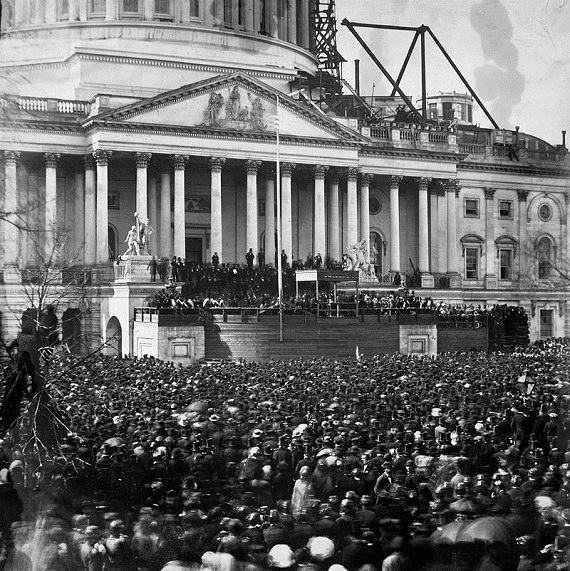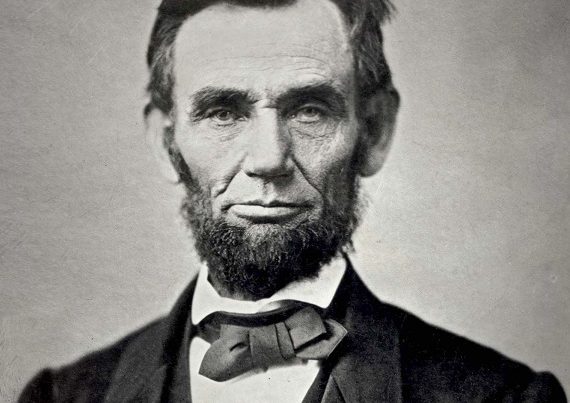One of the reasons for forming the United States in 1789 was to permit the thirteen states to trade among themselves with minimal interference. One example of interference occurred two years earlier when New York state unilaterally increased customs fees and assessed heavy clearance fees on vessels arriving from—or bound to—New Jersey and Connecticut. Similar disputes affected others among the 13 colonies. That’s why our Constitution gave Congress the power to regulate interstate and foreign commerce.
The above provision was more valuable to Northerners than Southerners because the North was more dependent upon the domestic economy than was the South. In 1860 Southern exports totaled $214 million as compared to only $47 million from the North. Moreover, the nation’s largest manufacturing industry, cotton textiles, was concentrated in New England and dependent upon the American South for its raw material.
Such dependency particularly applied to manufacturing industries concentrated in the North that exported little and pushed deterrence tariffs through Congress to create near monopolies for their products domestically. The North needed the South for its prosperity and commerce; the South did not need the North—it could buy the manufactured goods it needed from Europe.
The effects of disunion on New York and Wall Street would be especially bad because they would also lose income from ancillary cotton-trade services such as coastwise shipping, warehousing, and insurance. Until mid-March 1861, New York City had favored compromise on slavery issues. But after it became clear that the Confederacy would lower tariffs, New Yorkers eagerly joined the “preserve the Union” chorus. Toward the end of March numerous business leaders in Boston and New York met with customs officials to say they would not pay tariff schedules unless the Treasury was collecting the same amounts in Southern ports.
A couple of weeks later, the Civil War started at Fort Sumter. Lincoln had resolved to hold the fort to enforce tariff collections in Charleston.
Reprinted from “Civil War Chat.”







Yes sir…it’s always about the money. You live in a golden era…please continue to educate…THE CONTROLLERS OF THE NARRATIVE HAVE LOST CONTROL OF THE MONOPOLY ON INFORMATION…this has never happened in human history.
The Brits ended slavery by purchasing slaves from their masters. The Brits could do this because the British Empire WAS NOT A COLLECTION OF SOVEREIGN STATES. To keep the South paying the nation’s bills, the yankee States were willing to allow a tyrant to ignore the Bill of Rights and to place unnatural power into the Federal government.
Such information is not in short supply. It is in short delivery due to “conservative” poseurs, innate radio prattle and Fox peacocks.
When we debate with ignorant Yankees and other people who are astounded by the facts and figures we give, we must be able to quote reliable sources. Otherwise they think it all sounds like made-up stuff. And hear-say isn’t enough. Next time please give your sources.